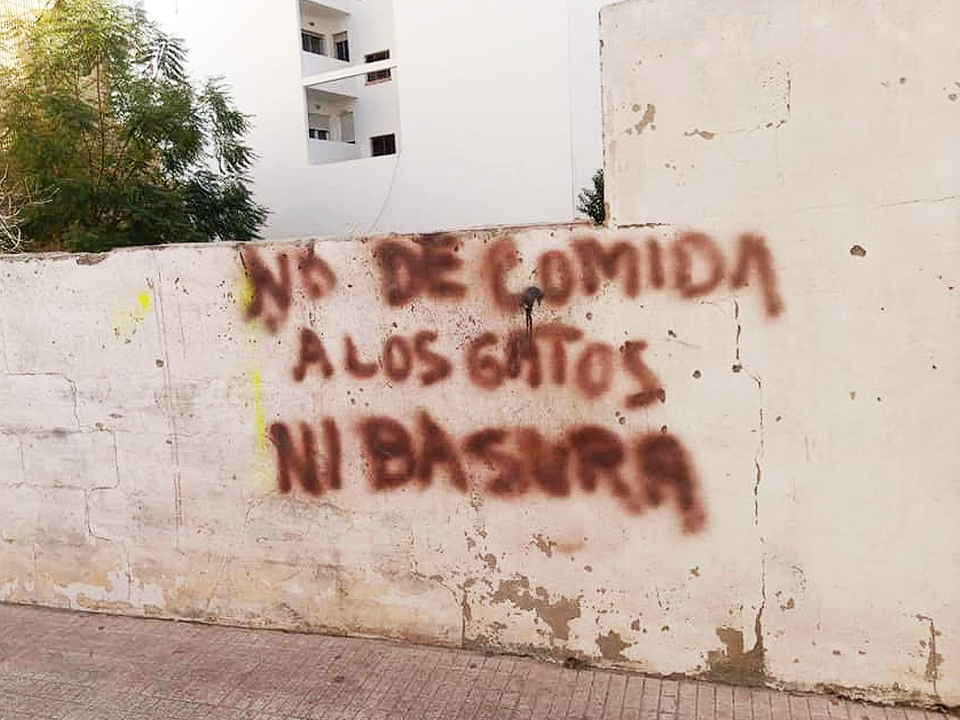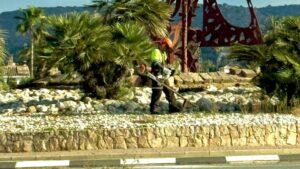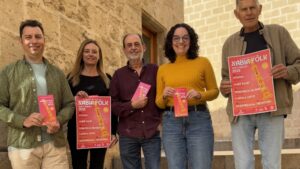Controlled stray cat colony in Thiviers generates disagreements
Volunteers clear an empty plot in Thiviers for a controlled colony but a resident is not impressed.

Tuesday 16th February 2021 | ALVARO MONFORT (Xàbia AL DÍA)
In Xàbia, an attempt is being made to stop the spread of stray cats within urban centres by establishing controlled colonies to locate the animals and carry out sterilization.
One of them is inside a private property located in the Thiviers neighborhood. However, some residents have used this small plot for another purpose: to get rid of their waste, garbage, household goods and everything that, ultimately, that is no longer of any use to them. This is not the place to do it. It is well known throughout the world where to dispose of household waste. Similarly, to dispose of larger objects – such as furniture – there is a municipal collection service (telephone 900 102 149) and an eco-park on Camí de Les Sorts that accepts a wide variety of waste.
Recently, a group of volunteers who are dedicated to the control of these colonies of cats carried out, with the collaboration of the Council, an exhaustive cleaning of the site with the purpose of cleaning and disinfecting the area so that it doesn’t become a site attracting unhealthy conditions for both residents and animals. Through a message on social networks, they have said that they spent five hours working on the project and that it took “four huge containers to leave everything clean and free of smells.”
However, it seems that there is a resident who does not agree with the work or with the fact that the site is destined to be a controlled colony of cats. Graffiti reads “Do not feed cats or throw rubbish.” Along with this is another text that says, in English and Spanish: “This is private property. Please do not feed the cats here. Excess food is creating a problem with rats. Thanks”.
These messages have not sat well with the people who carry out this task whose purpose is the concentration of the animals for their location and sterilization and thus prevent their reproduction. As they explain in their message: “These colonies are fed responsibly and in designated areas where everything possible is done not to disturb anyone and where every day the water and dry food are replaced by new ones and the soil is disinfected ”. They are procedures that have been agreed between the associations that are dedicated to this work and the council itself. They also explain that these monitored groups of animals act as “rat-catchers” of the areas where they are, contributing to tackle another common problem in some parts of the municipality.
Read the original story in Spanish on Xàbia AL DÍA





